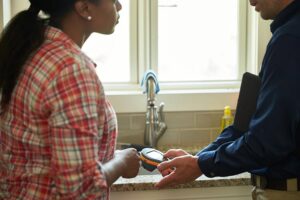Our homes are supposed to be places of comfort and safety; however, if they are not kept clean and well-maintained regularly, molds can creep in and cause harm to our health and property.
Molds are found both indoors and outdoors, flourishing in moist, warm, and dark places. They can spread in your home through open doorways, windows, vents, and heating and air conditioning systems. With their presence in the air outside, molds can thrive in your clothing, shoes, and even pets.
When mold spores land on surfaces where there is too much moisture, like ceilings, roofs, tubes, walls, plant pots, or where there have been leakages or flooding, they will grow. When this happens, mold remediation in Fort Myers, Florida is available to help eradicate molds that threaten your health.
Why is Mold a Health Risk?
- When any member of your household is suffering from chronic allergy, respiratory illnesses, and other internal diseases, beware because they may be caused by mold!
- In a 2004 study, the Institute of Medicine (IOM) discovered that there was sufficient evidence linked to humid and moldy environments and various health effects like upper respiratory tract symptoms, cough, and wheezing that affect most people who are susceptible to mold. Mold exposure can lead to mild and severe symptoms, such as a stuffy nose, fever, shortness of breath, and asthma.
- In 2009, World Health Organization guidelines and other recent studies have shown that there is a possible connection between mold exposure and the occurrence of asthma and other respiratory allergies in most children.
Eleven of the most typical molds that can easily develop within our personal spaces are discussed below.
Acremonium, the fine powdery substance

- Acremonium is considered a toxigenic mold. It changes its appearance over time, from a tiny moist mold into a powdery substance.
- Acremonium can come in different colors: white, grey, pink, or orange. It can commonly be found in window sealants, cooling coils, humidifiers, and drain pans.
- Aside from causing an unpleasant sight indoors, exposure to this kind of mold can cause serious diseases that affect the immune system, bone marrow, and other internal organs.
- Acremonium is carcinogenic and may affect the human brain. Before any of its roots can penetrate your home, prevent it by checking with mold removal in Fort Myers.
Cladosporium, the suede-like intruder

- Cladosporium is another mold that you should avoid. It is an allergenic mold type that grows both in warm and cold settings.
- Cladosporium commonly thrives in carpets, fabrics, and upholsteries, as well as inside cupboards and under floorboards. You can easily identify it because of its brown or olive-green suede-like appearance.
- Before you suffer from its dangerous effects, contact a mold remediation company in Fort Myers. Diseases associated with this type of mold are allergic reactions to the nose, eyes, skin, and throat.
- Severe effects of Cladosporium exposure are lesions, skin rash, sinusitis, asthma, and lung infections.
Trichoderma, the wooly-textured clusters

- Trichoderma is an allergenic mold that is white-colored with green patches. Its common habitat is wet areas such as carpets, wallpaper, and other damp fabric.
- Trichoderma can also be found in air conditioning filters. It grows in colonies with wooly textures at the beginning and later on becomes compact.
- It has been linked to pulmonary and hepatic conditions, although some molds of its class are considered non-pathogenic. This mold is very destructive to building materials because it contains an enzyme that destroys paper, textile, and wood; hence, Trichoderma infestation may result in the crumbling of building walls and structures.
Aspergillus, a common indoor and outdoor mold
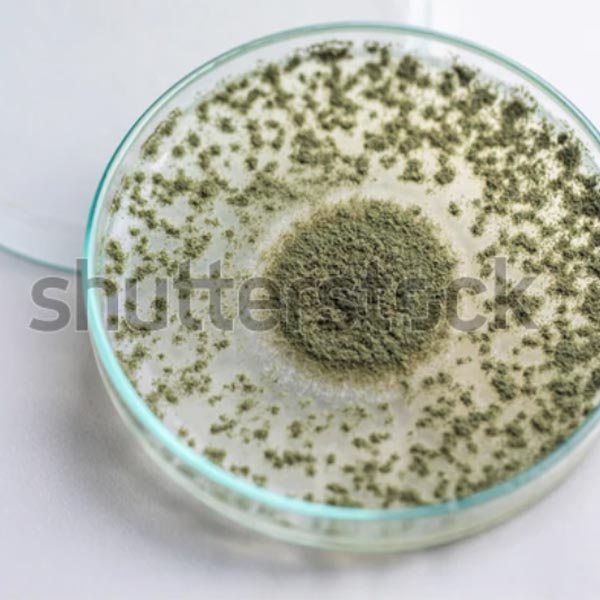
- Aspergillus, a common mold sprouting around certain properties, can cause severe reactions.
- In case this mold type is not eradicated, a dangerous condition can develop. Some of its adverse effects are respiratory infections, allergic reactions, and inflamed lungs.
Aureobasidium, the colorful fungus
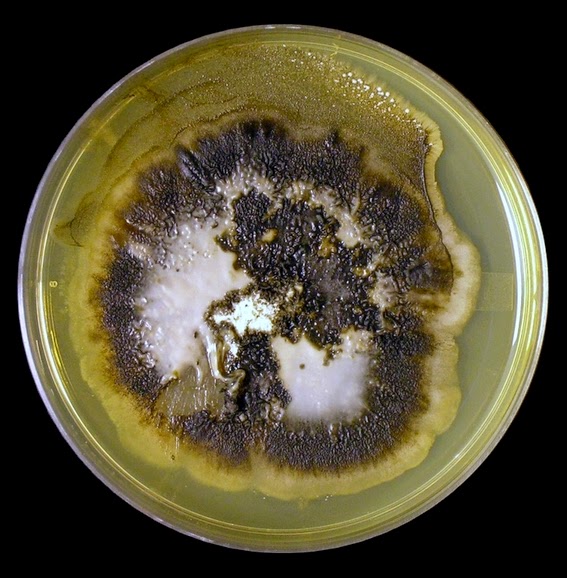
- Typically found on wooden furniture, painted walls, and wallpaper, Aureobasidium can be easily noticed because of its black and pink color.
- According to studies, this type of mold is the worst type of household nuisance since it affects homeowners through intensive allergic reactions.
Alternaria, the common allergen
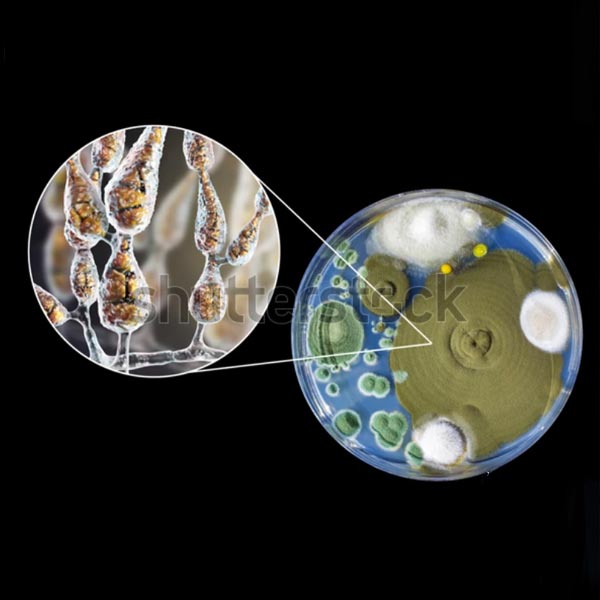
- Usually found in the sink, shower, and dark areas at home, the Alternaria mold threatens homeowners with asthma attacks and allergic reactions.
- This type of mold is commonly found both indoors and outdoors, so it must be eliminated immediately if not prevented.
Fusarium, the allergenic and toxigenic
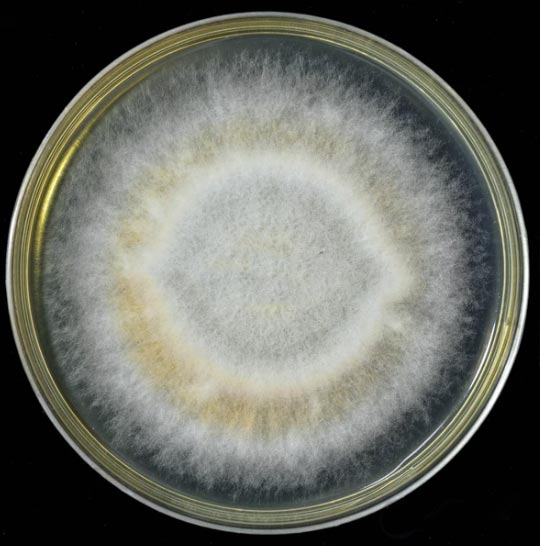
- This mold usually appears pink, white, or red and is commonly found under your carpet, wallpaper, and other textiles. It intrinsically lives on food, and it disperses fast.
- Prolonged exposure to Fusarium can cause other harsh and life-threatening conditions, such as skin infections, allergic reaction symptoms, bone infections, or a brain abscess.
- Ultimately, the toxins can impair nervous systems and can probably cause internal bleeding and hemorrhage.
Mucor, the extremely damaging allergenic

- This allergenic mold is white or gray in color and extends in thick patches quickly. It exists near the A/C, in HVAC ducting, and in old or moist carpets.
- If this mold lives in your indoor space, it can threaten you with asthma or flu-like signs. In intense cases, it can generate mucormycosis, a fungal infection, which can harm and contaminate your eyes, nose, sinuses, lungs, and brain.
Penicillium, the velvet-like textured mold

- This mold is responsible for essential antibiotic production and food processing capacities. It is bluish or greenish in color with a velvet-like consistency that flourishes in water-damaged structures—specifically in mattresses, ducts, wallpaper, and carpets.
- Penicillium also spreads quickly like any other type of mold and can easily disperse around your home through the air. There is a danger when it's inhaled since it provokes respiratory problems, pulmonary inflammation, asthma, and potentially chronic sinusitis.
Stachybotrys, the toxigenic mold with a slimy texture
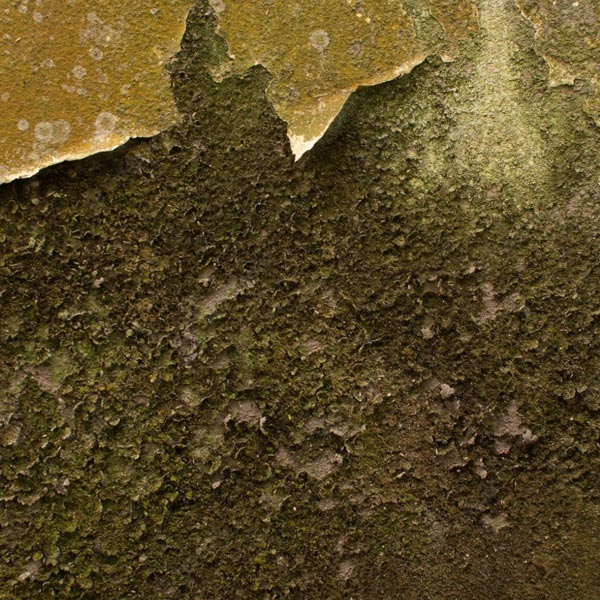
- This mold is dark green or black in color and grows in areas that are moist, wet, and damp for days or weeks, such as wood, cardboard, and wicker.
- With its presence at home, it is a driver of severe health issues, such as difficulty breathing, fatigue, sinusitis, depression, neurological problems, and pulmonary bleeding in babies and children.
Ulocladium, the blackish mold
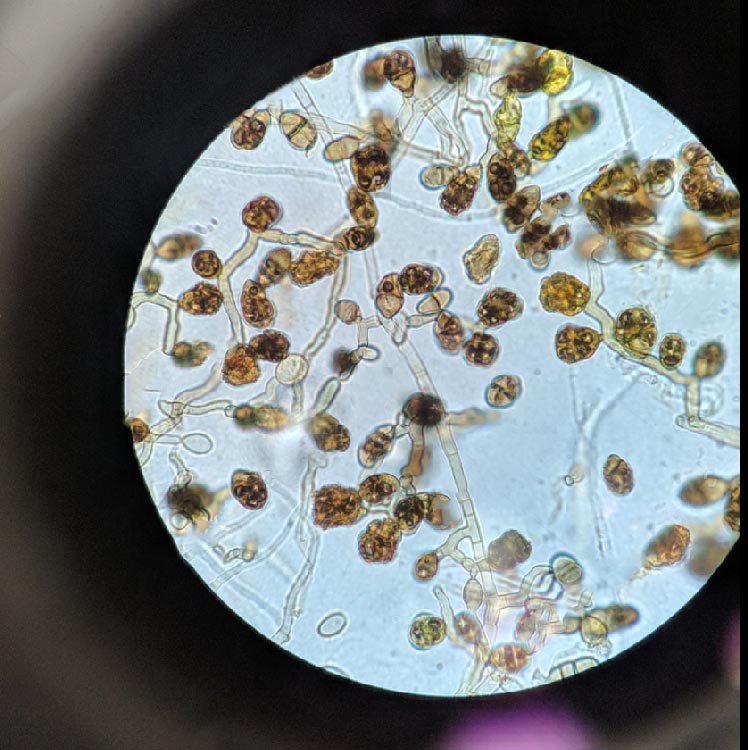
- This type of mold is typically discovered in kitchens, bathrooms, basements, and windows where there is excessive water damage or high levels of condensation.
- Ulocladium mold can induce excruciating reactions like hay fever, skin infections, asthma symptoms, and troubled breathing.
Can I Remove Mold by Myself?
No. Doing it yourself and DIY mold testing kits are not recommended. At ServiceMaster by Wright, our experts have completed intensive mold remediation training as well as detailed instructions on the proper procedures for handling mold claims.
Hire a Professional Mold Inspector in Southwest Florida

A professional mold inspector at ServiceMaster by Wright has the proper knowledge and training to know where and how to test for mold. Our professional mold assessor will use specialized equipment to not only confirm the presence of mold but also to identify the type and the severity of the problem, determine where it’s coming from, and give an inspection report.
Hiring a mold inspector after you’ve confirmed a mold problem ensures that you’ve eliminated any traces of mold after you’ve finished the cleanup process or hired a professional to do it for you.
Contact us at (239) 431-9947 or connect with us online to schedule a mold remediation appointment.




